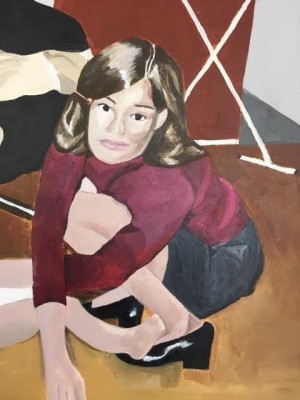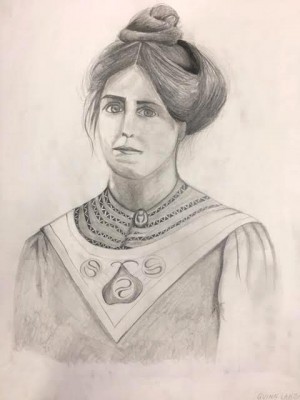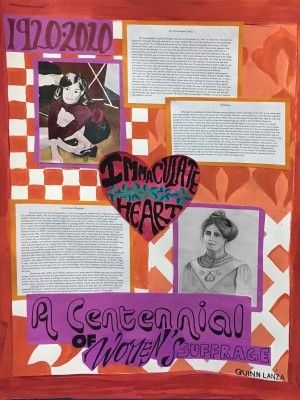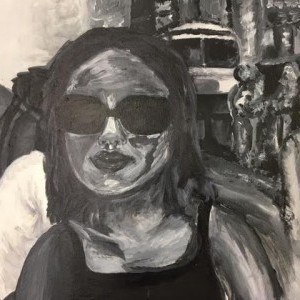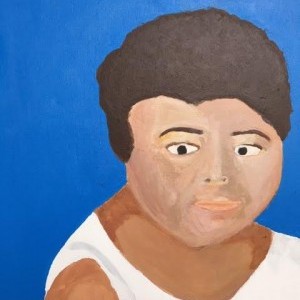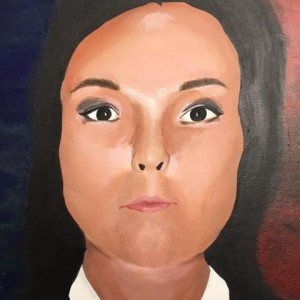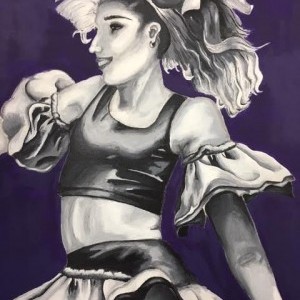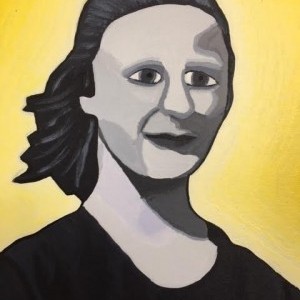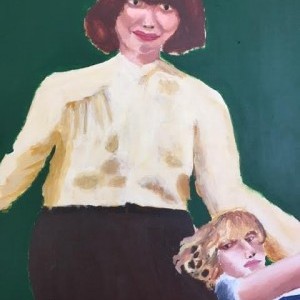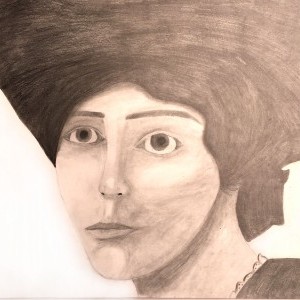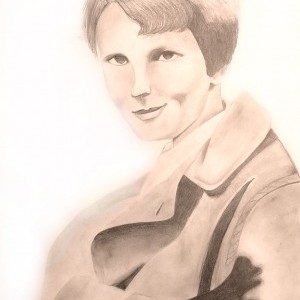Quinn Lanza
Immaculate Heart High School | Los Angeles, CA | 9-12th Grade
Inspirational Family Member
My Grandmother
My Grandmother, Carolyn Thomas, was born on November 26, 1945, in Nashville, Tennessee at Vanderbilt University Hospital and she has one younger brother. She Lived in a small town in Massachusetts with loving parents. Her childhood was good and her family always had enough. Her chores included drying the dishes, and doing the dishes on Tuesday night because her mother was at choir practice. Her brother took out the garbage. Her dad did not do the dishes but he did cook sometimes. She went to grammar school at Lamson School and Manassah Cutler school in South Hamilton Massachusetts, and Junior High and High school at Hamilton High school. She loved math and was Valedictorian at her High School. She went to college at Bates for 4 years where she planned to study math but ended up switching to psychology her sophomore year because she lost interest in it.
She vaguely remembers the last time she voted, it was a month before she had her first child. She was 22 years old when she first voted. It was in Queens, New York. She was excited because it was a milestone but remembers not fully recognizing the significance of her right to vote. She grew up after world war II, and during her childhood, everything was going well, and the country was experiencing a lot of economic stability and progress. When she was older, during The Cold War, she was worried about Russia setting off atomic bombs. When she voted, in 1968, there were protests going on, and Nixon had vowed to end the Vietnam war. It was a time of unrest over the Vietnam war. She doesn’t know how much fighting for women’s rights she did, although she wishes she had done more. At the time, she never felt like she was discriminated against, however, when she looked back she realized that she was.
When she was working at New York Life, and she was pregnant, they made you leave at 6 months, which did make her feel discriminated against. She found that unfair. She thought protesting or speaking up for beliefs was positive, however, her dad did not. He used to get aggravated with protests like Jane Fonda’s protesting in Vietnam. As her life went on she shifted to the left.
Historical Figure I Admire
Annie Kenney
Annie Kenney was born on September 13, 1879 in Springhead, Saddleworth, in Manchester, England to a middle class family. She was the fourth daughter of Horatio Nelson Kenney and Anne Wood, who had 12 children. During her early years, at just 10 years old, Annie worked part time in a cotton mill, while still attending school in the afternoon. Kenney began full-time work at 13, working 12 hour shifts, where unfortunately one of her fingers was ripped off by a spinning bobbin. However, she continued work at the mill for 15 years. She took this time to get involved in trade-union activities and educated herself, all preparing her for her future as an English working-class suffragette who became a leading figure in the Women’s Social and Political Union, or WSPU.
Annie Kenney’s career as an activist in the Women’s Social and Political Union began around 1905, when she heard Christabel Pankhurst speak about voting rights for women, inspiring her to join the movement. While fighting for women’s rights, Kenney was sent to prison 13 times. The first time was at a Liberal rally at Manchester’s Free Trade Hall, where she asked Winston Churchill if he would make women’s suffrage a government measure, which Winston did not answer. So, Kenney along with Christabel and other activist women held up a banner that read Votes for Women causing them to be thrown out of the meeting. As if that was not enough for the women to endure, a policeman claimed the women had kicked him and spat at him, and the women were arrested. Suffragette action became more intense as women began chaining themselves to railings, setting fire to mailboxes and breaking windows- causing more suffragettes to be thrown in jail, where they went on a hunger strike. In 1913 “Cat and Mouse Act” allowed for the release of prisoners who were suffering illness as a result of hunger strikes. Around this time, Kenney was put in charge of WSPU when Pankhurst fled to Paris.
Annie’s political life came to an end with world war I, as WSPU began to split. Although they were unable to get votes for all women, the Representation of the People Act 1918 gave the vote to women over the age of 30 who were householders, the wives of property owners, property owners with an annual rent of £5, and graduates of British universities. Annie Kenney started a family and wrote in her free time.
During the early 1900s, most women could not vote, were treated as objects, and were overall inferior to men. Some women worked, but most stayed at home to cook, clean and raise the children. However, in the early 20th century, the women’s suffrage movement was rising and they were able to get some votes for women, but it was often only for upperclass white women. World War I also contributed to the rise of women, as they began working jobs such as mechanics and police officers, which were typically male dominated jobs. Although Annie Kenney retired from her political career at an early age, she continued to write and published her memoirs, Memories of a Militant. Her actions and her writings inspired many women as the women’s rights movement grew and her work for the WSPU contributed to women’s voting rights.
What the Project Means to Me
Although my grandmother did not become more politically active until later in her life, it was interesting and enlightening to hear her story and discuss her life with her. Also, after hearing her story I found that we have come a long way since the 40s, which is when she was born, and even further from the early 1900s when women were first granted their right to vote.
My grandmother did not think much of politics when she was growing up, which is much different from my childhood now, where I often think about and discuss politics and the state of our country. There is so much value in discussing this with my family. My grandmother has been on this planet for much longer than I have, experienced more and lived through the second wave feminist movement, this movement playing a crucial role in her shift of her personal political beliefs. Hearing about her experiences helps me to form my own opinions as I move on with my life. Now, I share mostly the same political views with my grandmother and we discuss how the thing that is so incredible about our country is our freedom, so when people don’t use the voice that they get in the form of voting, it’s frustrating. The daily lives that we live are examples of our freedom, which we take for granted. To me, it seems that by not voting, one is denying their freedom. Specifically, it is extremely important for women to exercise their right to vote because the voice of women needs to be heard in order to direct our country at least in the direction of complete equality for men and women. Although less extreme than in the past, there is still gender discrimination everywhere in our country in the form of gender norms and expectations, and one way that women can fight oppression and unfair gender expectations is by voting whenever they are given the chance at a local, state and federal level.
Explore the Archive
More From This Class
Click on the thumbnails below to view each student's work.Deadline Extended
There's still time to join Women Leading the Way.
Become a part of our storytelling archive. Enroll your class today.
Join the Project

